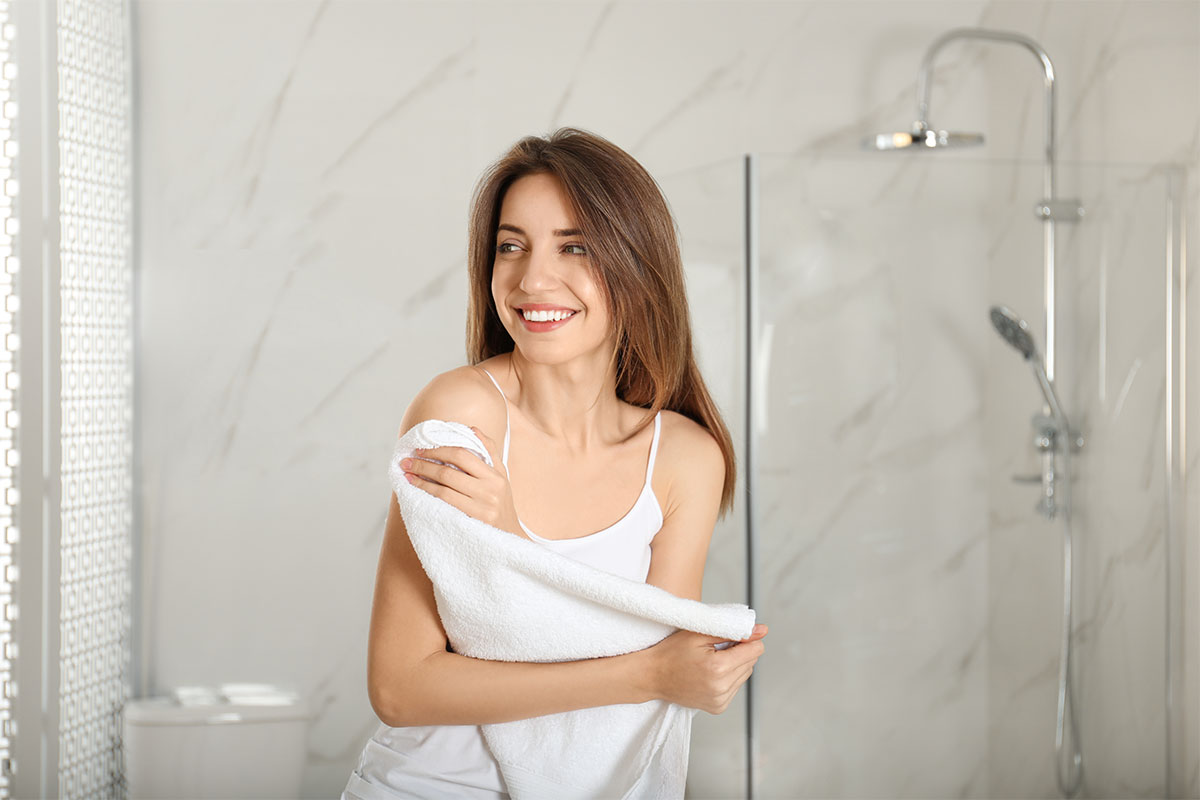Water softening is a process that removes calcium and magnesium ions, components of hard water. As a water treatment expert, I am often asked, "Is soft water slippery?" The answer is not as simple as it may seem, because the feeling of "slippery" is subjective and can vary from person to person.
The hard minerals in the water, such as calcium and magnesium, react with the soap to form a deposit that can be seen on the skin, dishes and in the bathroom. When these minerals are removed, the soap is able to lather more effectively and is easier to rinse off. Result? Skin that may seem to "glide" under your fingers because there is no hard water residue left on it.
Where does the slippery feeling of soft water come from?
Some people say that bathing in soft water makes their skin appear more "slippery" or "smoother". This, however, does not result from some unhealthy addition to the water, but from the lack of minerals forming the sediment. Soft water can make your skin feel slippery because it is actually cleaner. Hard minerals and soap create a deposit that we can feel on the skin, and soft water allows these residues to be removed more effectively.
However, if you feel that your skin is excessively "slippery" after bathing in soft water, it may be a sign that you are using too much soap. Because soft water allows for better lathering, you may find that you need less soap to achieve the same amount of lather as with hard water.
Is slippery soft water a bad thing?
Although the feeling of "slippery" in soft water may be unexpected for some people, this is not a sign of any problem. Indeed, soft water brings many benefits to your skin and hair, allowing soap and shampoo residue to be removed more easily. This can lead to healthier, more hydrated skin and shiny, manageable hair.
What's more, soft water is also good for your home. It helps prevent scale build-up on faucets and showers and can extend the life of appliances that use water, such as dishwashers and washing machines, by reducing scale and ensuring they run more efficiently.
The "slippery" feeling of soft water is a natural reaction to the removal of hard minerals and better soap removal. While this may be unexpected for some people, it is beneficial for both you and your home. Enjoy cleaner, healthier skin and a lime-free bathroom are just some of the benefits of using soft water.
Water mixer as a solution for those who do not like "slippery"
If the "slippery" feeling of soft water is an issue for you, there are several options you can consider. One of them is the use of a water mixer. The water mixer allows you to adjust the proportion of hard and soft water, allowing you to customize the bathing experience to your personal preferences. The water mixer is a screw mounted in the water softener head or in the ByPass valve.
Another option is to use a filter cartridge with a bed that adds minerals to the water. This type of cartridge adds a certain amount of minerals to the water that were removed in the softening process, making the water a bit "harder". Such water may seem less "slippery" to some people, while still benefiting from many of the benefits of softened water, such as less sediment and better detergent performance.
Remember, however, that what we feel as "slippery" is actually cleaner skin and less soap residue. Even if this feeling is a bit unfamiliar to you, it may be worth giving yourself some time to get used to it. After all, the benefits of soft water are numerous – for your skin, hair, clothes and home appliances.
Surface tension and the feeling of "slipperiness" of water
Surface tension is one of the key physical phenomena influencing the "slippery" feeling of water. Hard water contains high concentrations of minerals such as calcium and magnesium that increase surface tension. Soft water where these minerals have been removed has a much lower surface tension.
Why does it matter? The higher surface tension makes the water "stiffer" and less "slippery". Therefore, when you wash with hard water, the water and soap are unable to cover the skin evenly, which can give the skin a "rough" feeling.
On the other hand, soft water with a lower surface tension spreads more easily over the skin, allowing dirt and grease to be removed more effectively. It is this ability of soft water to better "adhere" to the skin that is often felt as "slippery". While this may be a bit unfamiliar, it is actually a sign of cleaner skin and a more efficient washing process.



